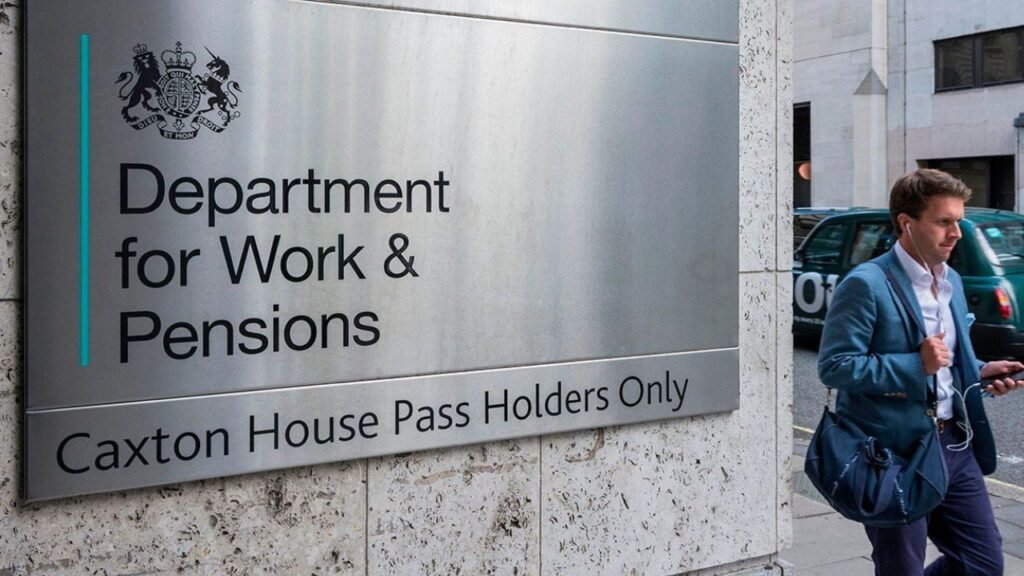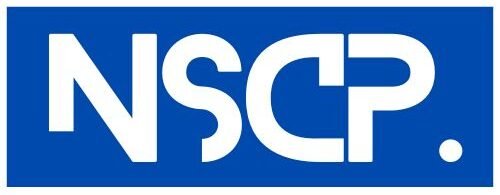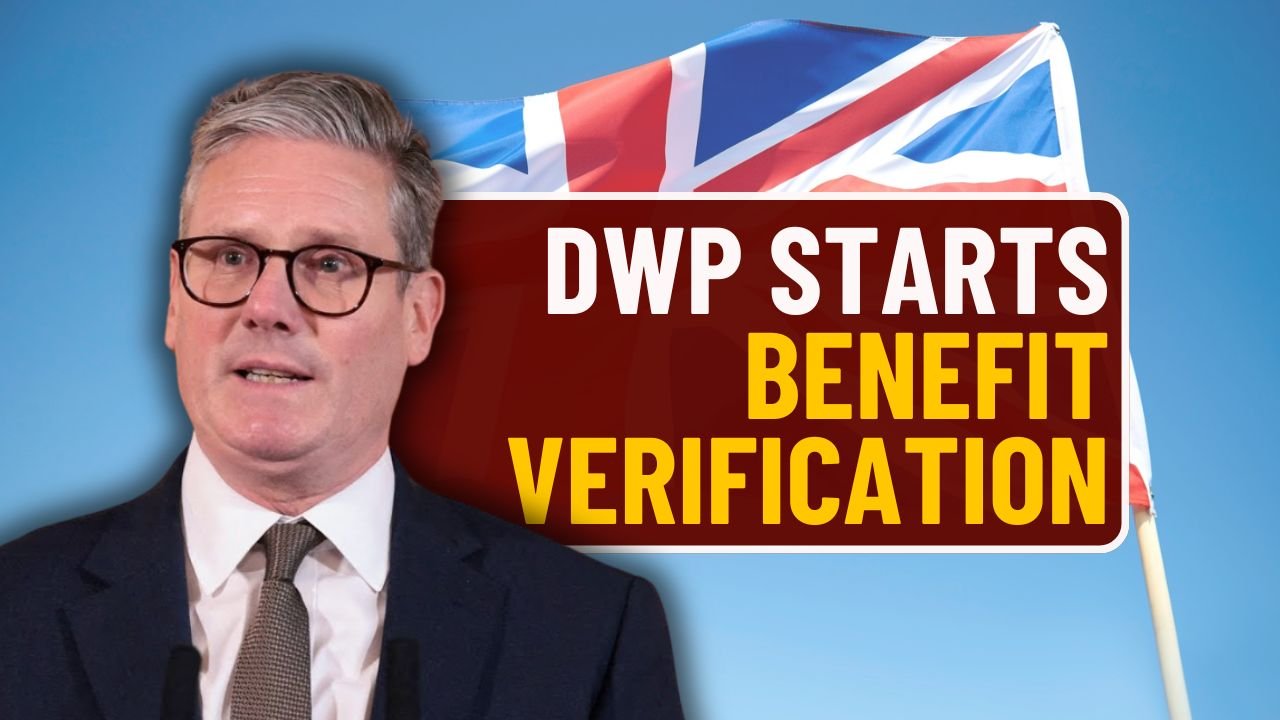The United Kingdom is gearing up for a significant transformation in its fight against public sector fraud. Earlier this year, the government announced what it described as “the biggest fraud crackdown in a generation,” aiming to reduce the estimated £30 billion lost annually to fraud. As part of this initiative, the Department for Work and Pensions (DWP) is preparing to roll out new powers under the Public Authorities (Fraud, Error and Recovery) Bill, with full implementation expected to begin in 2026.
How New DWP Powers Will Strengthen Fraud Prevention
The DWP forecasts that the introduction of these enhanced measures could save taxpayers approximately £1.5 billion over the next five years. Among the planned strategies are driving bans for repeat benefit fraudsters who fail to repay owed money, the ability to recover debts directly from bank accounts, and the introduction of a new Eligibility Verification system. This system will allow third-party organisations, such as banks, to flag accounts that suggest potential benefit fraud.
2026 Implementation
In a move to ensure transparency, the DWP has published 11 detailed factsheets outlining the framework for the new measures. These documents provide assurances that all activities will be carried out in a way that is appropriate, proportionate, and respectful of individuals’ rights. The factsheets also explain the safeguards and oversight mechanisms that will be put in place as the government starts rolling out these powers from 2026.
The True Scope of Eligibility Verification Explained
It is important to clarify that the Eligibility Verification measure will not grant the DWP direct access to individuals’ bank accounts. Officials will not be able to monitor how benefit recipients spend their money. Instead, the system will rely on banks and financial institutions to flag cases where claimants may no longer meet eligibility criteria, such as exceeding the £16,000 savings limit for Universal Credit.
Collaboration Between DWP, Banks, and Third Parties

The “test and learn” approach adopted for the Eligibility Verification measure will see the DWP and the Cabinet Office working closely with the banking industry. This phased approach will allow the government to fine-tune the processes and consult with key stakeholders to ensure compliance with newly developed Codes of Practice. There will also be a strong emphasis on maintaining the confidentiality and limited use of shared information.
Monitoring Benefit Claims Without Invasive Oversight
Under the legislation, banks and financial institutions are strictly prohibited from oversharing information. Only specific, limited data necessary for verifying eligibility will be shared with the DWP. Transaction histories, spending habits, or detailed account activities will remain private, protecting claimants’ financial autonomy. The legislation also warns that any institution sharing more data than permitted could face serious penalties.
New Efforts to Track Overseas Benefit Claims
Beyond bank data, the DWP plans to widen its reach by collecting information from other industries, including airlines. This will help identify individuals who continue to claim benefits while spending extended periods abroad, which may breach welfare eligibility conditions. Such measures are intended to ensure that financial support is available only to those who genuinely meet the criteria.
Protecting Public Funds While Respecting Individual Rights
The factsheets further underline that any information shared under the Eligibility Verification Measure will not be used to presume guilt. Instead, the shared data will serve as a starting point for further checks where necessary. The government’s goal is to create a welfare system that is fair, robust, and resilient against fraud, without unjustly targeting honest claimants.

